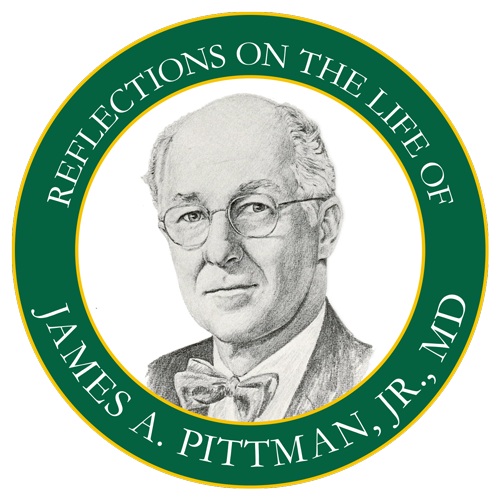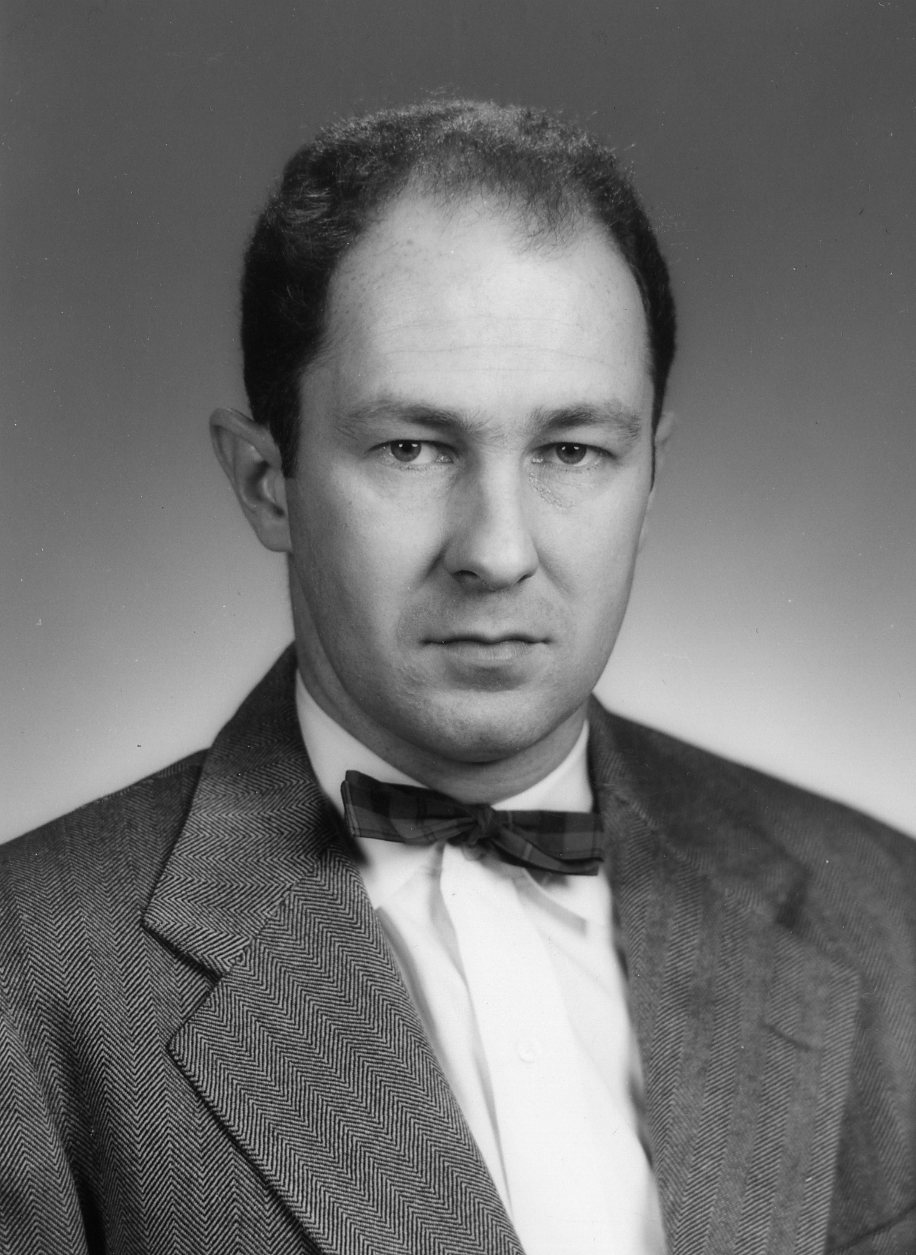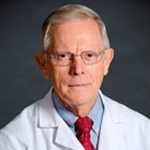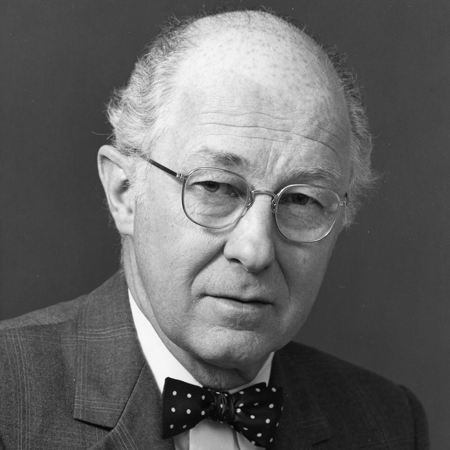 I don’t recall meeting Dr. Pittman (He was always Dr. Pittman to me; I could never bring myself to address him as Jim), until he called me to his office during my junior year in medical school in 1962.
I don’t recall meeting Dr. Pittman (He was always Dr. Pittman to me; I could never bring myself to address him as Jim), until he called me to his office during my junior year in medical school in 1962.
I accepted his invitation to spend the 1962-1963 academic year working with him. That was probably the most important decision I would make during my medical career. I spent that year as a “junior fellow” in endocrinology and learned most of my clinical endocrinology that year. He was chief of radioisotopes at the Birmingham Veterans Administration Hospital and I spent much of my time in that lab. I also participated with him in clinical research at University Hospital, publishing two papers as a result. I had the opportunity to interact during that year with the outstanding members of the Endocrine Section which included S. Richardson Hill, Jr., then head of the endocrine section; Connie Pittman; Clifton Meador; and Buris Boshell. Drs. Hill, Meador and Jim Pittman all served later, in that order, as dean of medicine.
 Dr. Jim Pittman, 1962During my senior year, he arranged for me to spend my two months of medicine training at Massachusetts General Hospital. Having attended Harvard Medical School and spent 2 years at the MGH, he believed students from the Medical College of Alabama should consider going to some of the most prestigious training hospitals in the U.S.
Dr. Jim Pittman, 1962During my senior year, he arranged for me to spend my two months of medicine training at Massachusetts General Hospital. Having attended Harvard Medical School and spent 2 years at the MGH, he believed students from the Medical College of Alabama should consider going to some of the most prestigious training hospitals in the U.S.
The previous academic year, he had arranged for a fellow student and friend, Robert B. Copeland, to take two months of medicine of medicine at the MGH. As a result of my two months of internal medicine at the MGH, I was also fortunate to become an intern there in in 1964. This illustrates Dr. Pittman’s concern for and influence on many medical students. He not only influenced my choice of specialty, but where I would receive my training.
While I was in Boston, my father was found to have an abdominal aortic aneurysm. He went to University Hospital, where Dr. Holt McDowell removed it. Dr. Pittman was kind enough to visit him while in the hospital and kept me informed of his progress after the surgery. He also made one trip to East Tallassee to visit him after he left the hospital -- an authentic example of true friendship. While I was at Fitzsimmons Medical Center in the Army in the early 1970s, Dr. Pittman visited my family in our home in Aurora, Colo.
When my family and I moved back to Birmingham in 1977, Dr. Pittman appointed me a faculty advisor for the Tinsley Harrison Medical Society which he established while dean.
It also became a family tradition for my family to be invited to his home during the Christmas holidays. Our son, David, played the trombone; our daughter, Beth, the flute; and Myra, the piano. His two sons, Clinton and John, played their violins, and Connie played the harpsichord. We sang Christmas carols, ate a festive meal and enjoyed very much this annual event. When our children finished high school and were no longer living with us, he continued to invite Myra and me to their annual Christmas party. .
After he retired from the medical school and had a stroke, Bob Kreisberg, Alan Siegal, Crawford Owen, Will Deal and I had lunch with him once a month. As his cerebrovascular disease progressed and he became disabled, we would take lunch to him at his home. After his beloved Connie died and he became bedridden, with some memory impairment, I continued to visit him monthly. I read a Psalm from the Bible and prayed with him ,which he seemed to enjoy. Then, I would tell him how much he meant to my family and I - as well as many others over his many years at the medical center.
Near the end, I was not always sure he recognized me, but he was always his joyful self and never complained. I last saw him a few days before he died. It was time for him to go and receive his reward for a life well lived and one which influenced many physicians to become more than they thought possible.
 O. David Taunton, MD, is Attending Physician in the Department of Medical Education at Baptist Health System in Birmingham. His past positions have included faculty member, Baylor College of Medicine; internal medicine private practice in Birmingham; Clinical Professor, UAB; Board of Governors, American Board of Internal Medicine; Chairman, Jefferson County Board of Health; Round Table on Quality of Health Care, Institute of Medicine, Washington, D.C. He received the MD degree from the Medical College of Alabama, later remained the School of Medicine at UAB, in 1964. Postgraduate training included internship and residency in internal Medicine at Massachusetts General Hospital; research fellowship in clinical endocrinology at the National Institutes of Health; and Research Internist, Metabolic Division, U.S. Army Medical Research.
O. David Taunton, MD, is Attending Physician in the Department of Medical Education at Baptist Health System in Birmingham. His past positions have included faculty member, Baylor College of Medicine; internal medicine private practice in Birmingham; Clinical Professor, UAB; Board of Governors, American Board of Internal Medicine; Chairman, Jefferson County Board of Health; Round Table on Quality of Health Care, Institute of Medicine, Washington, D.C. He received the MD degree from the Medical College of Alabama, later remained the School of Medicine at UAB, in 1964. Postgraduate training included internship and residency in internal Medicine at Massachusetts General Hospital; research fellowship in clinical endocrinology at the National Institutes of Health; and Research Internist, Metabolic Division, U.S. Army Medical Research.